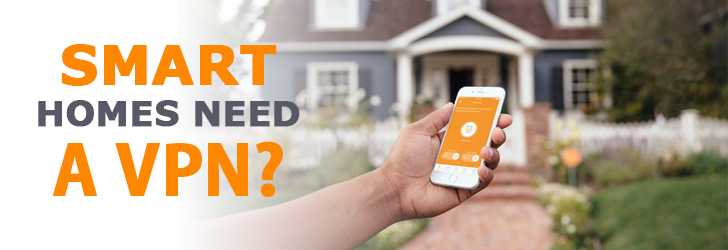
What is a Smart Home
A smart home is a home connected through a network commonly referred to as the Internet of Things (IoT). This allows people to easily manage their appliances, thermostats, lightings and other smart IoT devices remotely using smart devices. The IoT functions by having devices similar to those in a normal everyday house except they carry some functionality to allow them to connect to a network for remote management. Some of the popular IoT devices include appliances, home security devices such as surveillance cameras, thermostats, smoke detectors to name a few, and more and more "things" will be available for smart home management.
What is the Internet of Things
The Internet of Things (IoT) is a network of everyday objects which are capable of being connected to the internet. This allows for these objects to be accessible through smartphone applications to allow remote management. While the benefits are clear for some users such as being able to instantly access CCTV cameras from the internet on one's smartphone. This would allow an increased amount of security with no real hassle for anyone to set up. There are then other gadgets which might not be as useful but still help in menial everyday tasks; such as a coffee mug remembering how a person likes their coffee. SmartTVs are another great example which are very prominent today and they are capable of recording shows automatically while being on a separate channel or even while off.
All-in-all, the IoT has become a revolutionary thing that more and more people are getting behind. As it increases in popularity, so too, will smart homes become more and more prominent in the world.
What is a VPN?
A VPN, a virtual private network is a secure connection established between two endpoints over the public network. The data sent between these two devices is encrypted and can only be decrypted by the devices on each side of the endpoint. Because of this, the outside world do not know IP addresses of two internal devices as they are not directly connected to outside world, but instead the tunnel between them. This allows it to be possible for one to spoof their IP Address and adds another level of privacy and security. There are a lot of other nuisances a VPN can accomplish however; these are the main features at the core of a VPN and what it allows us to do.
The Importance of a Privacy and Security
Now that we have a understanding of what a VPN is, what a smart home is, and how it consists of items under the umbrella of the IoT, we can answer the question at hand here: Why you need a VPN on your smart home? Think for a second of the scenario where you have a smart home which has CCTVs connected to your smart device through the IoT. If at any time you are viewing the feed of that camera via the Internet, anyone can potentially get access to this network through hacking or a man-in-the-middle attack (where they pretend to be an intended/permissioned user when they are not). This means that someone would have now gained unfettered access to your camera feed which provides surveillance of your house. And this can be extended to anything within your home that isn't just a CCTV. Stalkers love to be able to find a pattern their targets do; likewise with thieves so that they can find the most opportune moment to strike. If they're capable of deducing a pattern based on the information your fridge might hold that's related to the amount of items within it, they can then deduce when you're likely to leave home to go grocery shopping for example. A scary thought.
Share this post
Leave a comment
All comments are moderated. Spammy and bot submitted comments are deleted. Please submit the comments that are helpful to others, and we'll approve your comments. A comment that includes outbound link will only be approved if the content is relevant to the topic, and has some value to our readers.

Comments (0)
No comment